Mr. Ford Coppola, do you see your influence in the work of other filmmakers?
You know, that’s a funny subject you bring up. When I was young, I wanted to be Tennessee Williams or Elia Kazan, so I would steal anything I could from them because that was my idea of greatness. And the truth of the matter is that if a young person is influenced by something I do, he’s welcome to it because there’s no way you can steal from another person.
Because ultimately it’s your version of that idea.
Right, you do it in your own way. Even as hard as I tried to steal from Tennessee Williams, it came out some other way. And that’s the purpose of art. It means you live on in somebody else’s work, which is something very pleasant as a thought. So if something I did influenced another film or if I had some small part in encouraging them, then I am pleased.
How does your own work influence you as a director?
I’m 80 years old now, and little by little over your lifetime you begin to understand things that you didn’t understand earlier. And one of the things I understand is — well, many things in truth — but the fact that I chose to always work in different genres was a good thing. That has always been my ambition during my career, especially when I was younger. Having burst into the scene with a gangster film like The Godfather, I was very reluctant to do another gangster film or anything like that because I wanted to attempt something totally different so I could learn from it.
“There were people who said Apocalypse Now was the worst film ever made! But little by little, audiences kept seeing it and it sort of persisted in that way.”
So after The Godfather, you made Apocalypse Now. What kind of lessons did that transition teach you?
I realized that as you explore different genres, you also learn more about yourself. So I went from the classic formalism of The Godfather, in which, as you know, the camera rarely moves, it’s built block by block, to a film like Apocalypse Now, which has a totally different style, it’s constantly moving. It was a risky type of film.
Due to its content or the way it was filmed?
There had never been a film that dealt with the Vietnamese War and as I made the film, on its own, it became more and more surreal. It really wasn’t about war, it was about morality. And when Apocalypse was finished, the reaction from the people who had put up the money for it, they said, “Well, this film is too long, too strange.” We were very concerned so we shortened it as much as we could and we tried to make it as normal as we could. We wanted it to be more received as a war film rather than some strange piece.
When it finally came out, there were mixed reactions. Some people got it, but Time Magazine, for example, called it “emotionally obtuse and intellectually empty.”
There were people who said it’s the worst film ever made! But little by little, audiences kept seeing it and it sort of persisted in that way… But about two years later I was sitting in a cheap hotel in London, and they were going to show Apocalypse Now and I always got a big kick out of the beginning. So I thought I would watch the beginning — and I ended up watching the whole movie. And I was very struck with the fact that the film didn’t really seem so weird. I learned that in avant-garde work very often a few years later is very acceptable. And I thought that’s what happened to Apocalypse, in a way.
You mentioned that you love the opening scene of the film, why is that?
It’s a funny story actually! It would have begun totally differently if this hadn’t happened: I was hanging out with the editor of the film, surrounded by all these bins of film, basically scenes that weren’t going to be used, as well as the soundtracks. So in one of these bins was The Doors singing a song called “The End.” I thought it was sort of amusing, the idea of starting a movie at the beginning with a song saying, “This is the end.” And just for the hell of it I took that and grabbed the footage of the napalm drop, and I just thought it looked terrific. I could have picked another and it wouldn’t have looked interesting, it was totally accidental. Fate gave me that beginning!
What was it like re-editing Apocalypse Now for its digital extended version, Redux? Did you get to use all the weird stuff you had cut out for the original?
Yes, we did put everything back. But I think I would have preferred it the way it was. Redux was successful, but it was really long. Over time I began to feel perhaps we had put too much back. I mean, there’s a balance between what is too much and what is just enough to get the themes and the ideas expressed. For the 40th anniversary of the film’s release, I ended up making a version for the commemoration called Final Cut; not as short as 1979 and not as long as Redux, and I did feel that it was better balanced.
With some distance, how do you feel when you think about the film today? Apocalypse Now’s filming was famously very troubled; does that cloud its legacy for you?
There are things that happened during that movie that are so fraught with sadness to me. But I must say, I am able to look at Apocalypse Now not like the frightened person who was facing bankruptcy that I was, and just look at it as the movie. In doing the reedit, I was able to make better judgments that way. I think only now can I see the film and not think about all those things: the bankruptcy, the challenges of filming, my leading man Martin Sheen had had a heart attack…
And that was after you had fired and replaced your original leading man, Harvey Keitel.
The worst thing a movie director ever does is when he feels he has to fire an actor. It’s a devastating decision. And it’s not one made lightly. I felt that because the character was basically an observer, there was going to be a lot of material just of his face looking and then something really interesting that he was looking at. Harvey Keitel is a wonderful actor but he is very active, whereas this character had to have a kind of attractive face and then he’s looking at something very interesting and you put together what he’s feeling.
The casting continued to be problematic: Marlon Brando supposedly arrived on set and hadn’t prepared or memorized his lines at all.
Even the fact that Marlon Brando arrived so heavy…The first implication was: what kind of costume are we going to get? There is no size XXX Green Beret uniform, which is what he was, he was a colonel. I was overweight much of my life, as he was, and people who are overweight, without exception, hate the fact that they are overweight. They are embarrassed by it. He didn’t want to be shown as overweight.
How did you resolve that?
What I finally decided was to film him so that you would only see his shoulders. I doubled him with a guy who was six foot two and in these black pajamas and a bald head, and portrayed him more as like a giant. Vittorio Storaro, my DP, shot him in and out of lights so he was sort of dished out in razor slices.
What was the biggest difficulty for you as a filmmaker at that time: the increasing filming costs, or Sheen’s heart attack?
Well, when your lead actor has a heart attack and no one knows if he is going to live or die, I would say that’s a very serious moment. But that was only one of a lot, and the bankruptcy was very difficult. We were faced with potentially losing the Napa property, which was such a beautiful and important property to me.
“The big question is whether at 80 years old I have the patience and the resiliency to keep trying.”
Apparently George Lucas offered to buy it from you — or was that just a rumor?
He did offer to buy it, thereby protecting it, and would hold it for 10 years and then sell it back to me for the same thing, it basically was a gift to protect it. And in the end I didn’t have to do that, I was able to figure out a way to survive. But the fact that he made that offer was very generous and I mean something that I would be grateful to him forever.
What would you do differently today if you could?
The big question is whether at 80 years old I have the patience and the resiliency to keep trying to do it — which I may or may not have, I don’t even know. But if I should be fortunate enough to make another film, it would be exactly what I have settled upon as what is right for me. I feel that these days, I understand a little more what the cinema is. For example, when you look at Charlie Chaplin on the screen, you are not just seeing some flickering images, the emotion and the humor is really all in the audience. A film is really an illusion, and that’s why it’s so susceptible to little changes because what is exactly the right illusion that enables the audience to bring all that they have to offer out.
The author Stewart O’Nan says that it’s actually the reader who does the work of putting a story together — writers put words on the page, but the reader brings their whole life to it.
I always tell my kids that it’s like a cigarette lighter. In the old days when cigarette lighters had a flint and a wick and fluid, you would flick it and it wouldn’t light so you would put more fluid in it, or a new flint, all these little details that you are doing… That’s how a film is. When you change the edit or you make this or take the music out or you do whatever you do, it’s like you are making these little maneuvers and adjustments so that when you get it right, the illusion is born. And the illusion is in the audience, they provide everything. The film is dead, but the audience is alive.

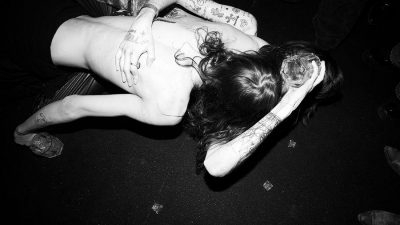
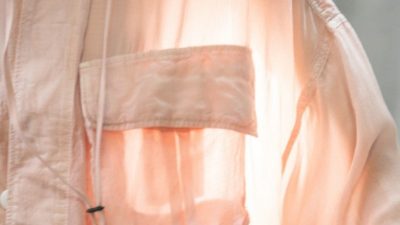
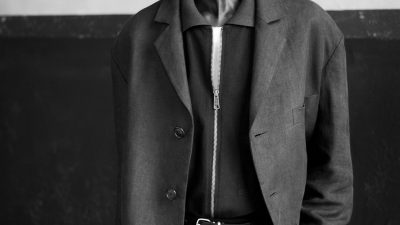

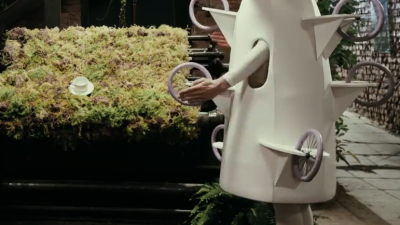


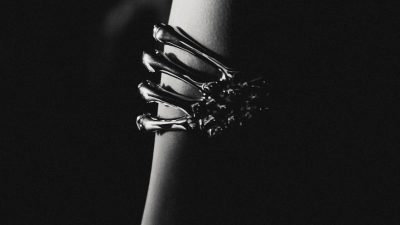
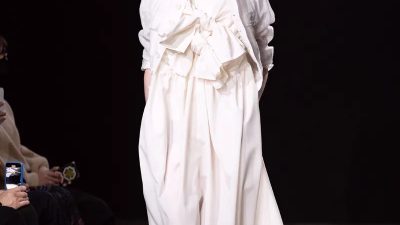

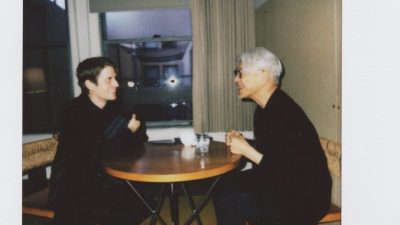


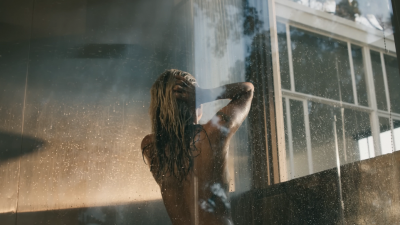
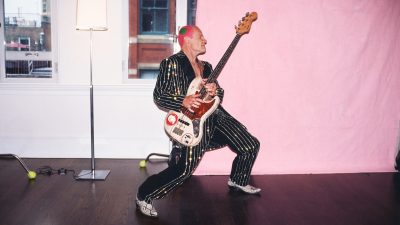
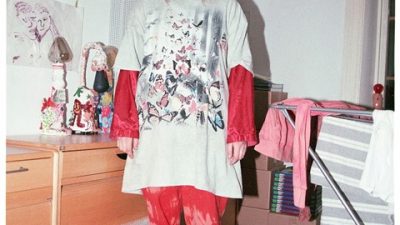
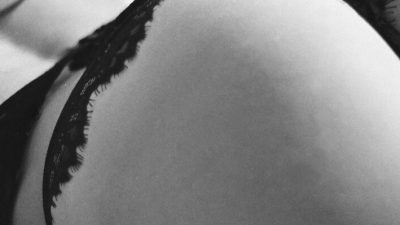
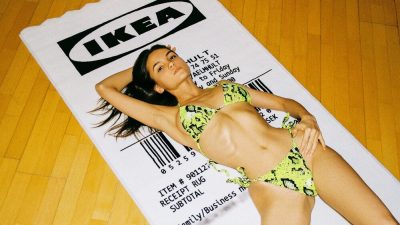
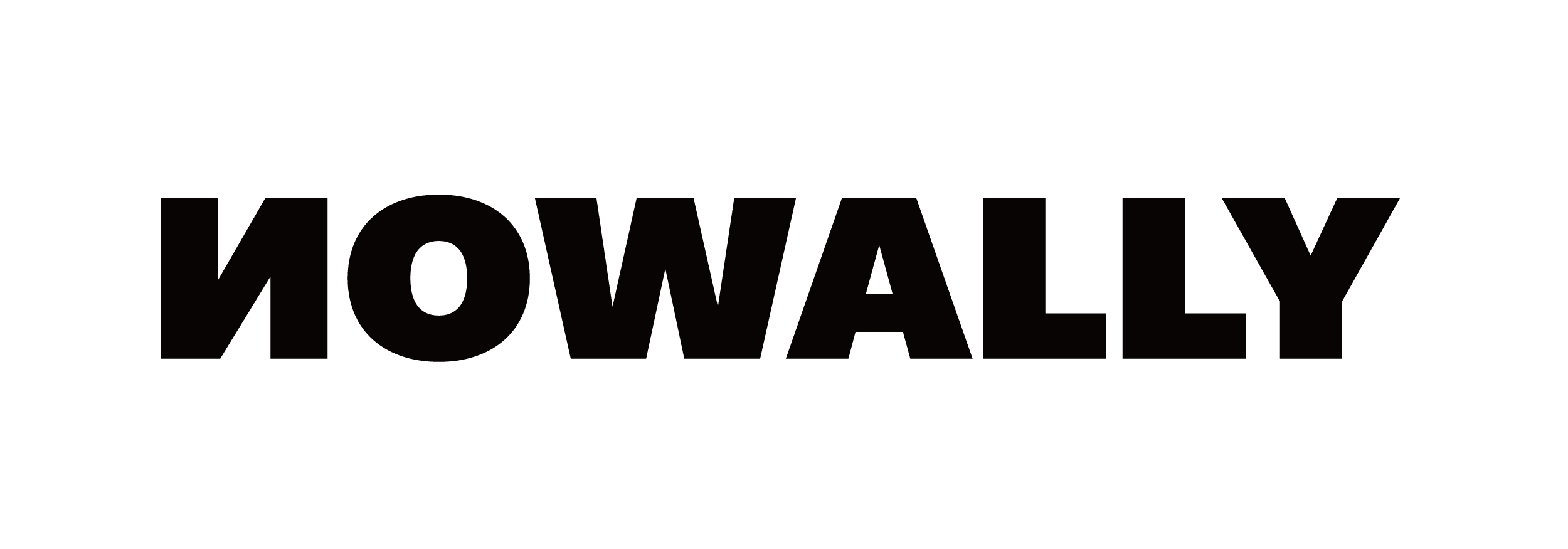


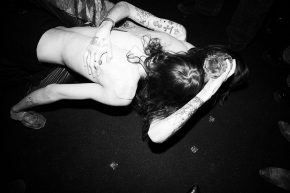
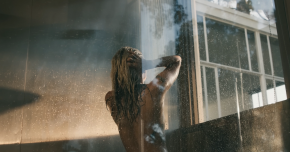
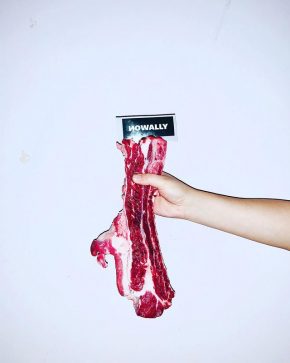
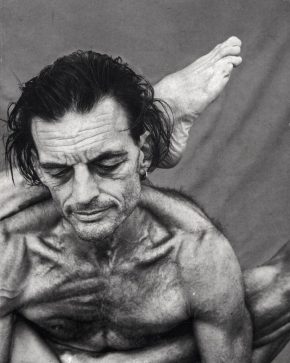
Comments